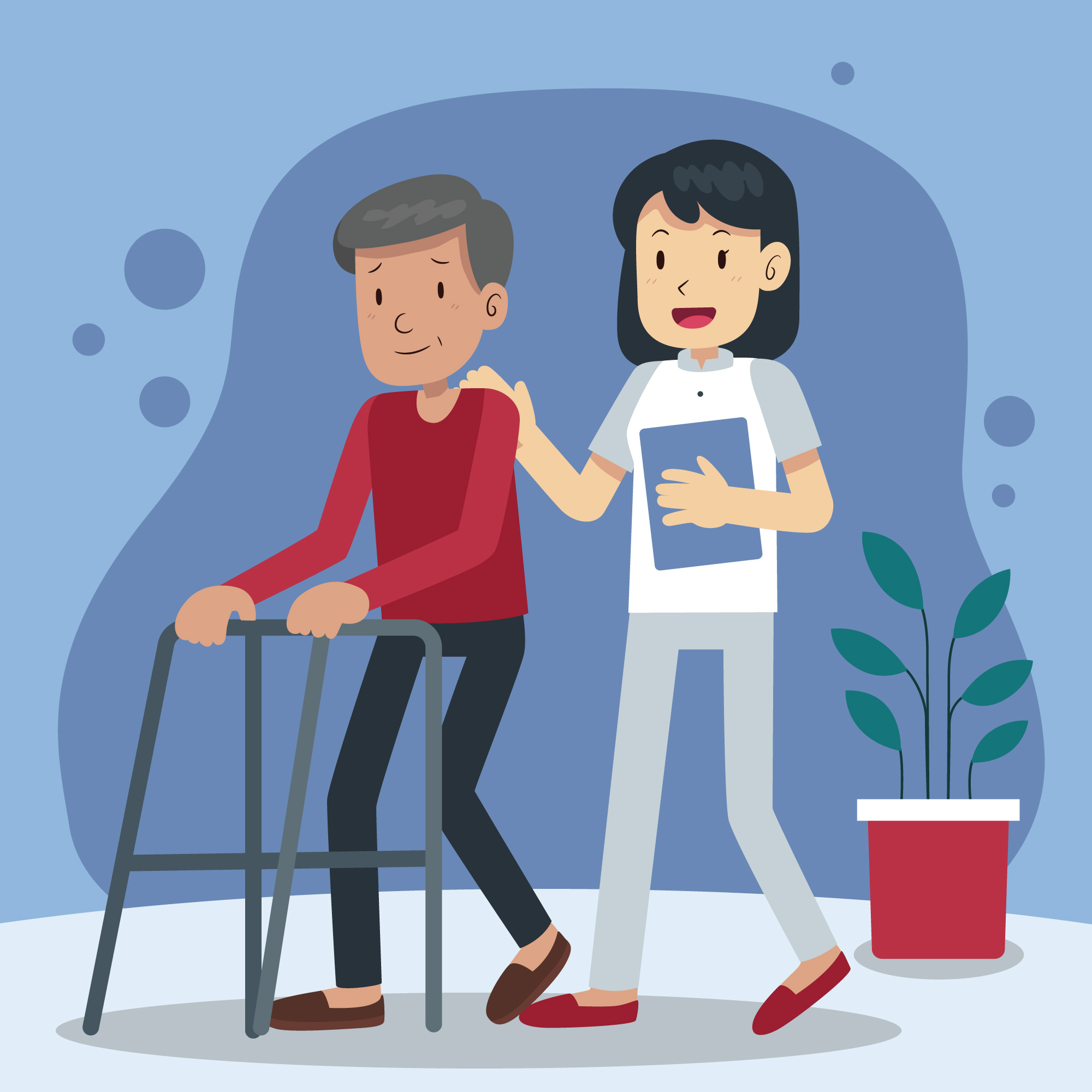
Holistic Approaches to Managing Paralysis Symptoms
Holistic Approaches to Managing Paralysis Symptoms: A Guide to Enhanced Well-being
Living with paralysis can be challenging, impacting many areas of daily life. However, while traditional medical treatments play a key role in managing symptoms, holistic approaches can provide extra support, helping to improve overall well-being. In this blog, we will explore holistic ways to manage paralysis symptoms, focusing on how addressing physical and emotional imbalances can make a positive difference.
What Are Holistic Approaches?
Holistic approaches focus on treating the whole person, not just the symptoms of a specific condition.
Ultimately, these methods aim to enhance physical, emotional, and spiritual health by addressing various aspects of well-being.
Key Holistic Approaches for Managing Paralysis Symptoms
1. Nutrition and Diet
First and foremost, a balanced, nutrient-rich diet is essential for supporting overall health, which can be especially beneficial for those living with paralysis. For instance, certain foods and supplements may help reduce inflammation and support nerve function, contributing to symptom management.
Tips for a Supportive Diet:
- Include anti-inflammatory foods like leafy greens, berries, and fatty fish.
- Additionally, stay hydrated to support circulation and energy levels.
- Furthermore, consult with a nutritionist about supplements that support nerve health, such as B vitamins and omega-3s.
2. Stress Management
Moreover, chronic stress can worsen symptoms and impact health. Therefore, techniques like mindfulness meditation, yoga, and deep breathing exercises are helpful for reducing stress and promoting relaxation.
Ways to Reduce Stress:
- For example, practice meditation or deep breathing exercises for 10-15 minutes daily.
- Alternatively, explore yoga for gentle movement and relaxation.
- Finally, engage in hobbies or creative activities that bring joy and reduce stress.
3. Acupuncture and Traditional Chinese Medicine (TCM)
In addition, acupuncture, along with other TCM modalities like herbal medicine and Qi Gong, may help alleviate pain, improve circulation, and enhance well-being for individuals with paralysis. Many individuals find these methods helpful for managing pain and improving energy levels.
Benefits of Acupuncture and TCM:
- Specifically, it may help relieve pain by improving blood flow and releasing endorphins.
- Furthermore, it can reduce muscle stiffness and promote relaxation.
- Additionally, TCM offers a personalized approach with treatments tailored to individual needs.
4. Massage Therapy
Similarly, massage therapy can relieve muscle tension, improve circulation, and promote relaxation. Additionally, it may enhance mobility and reduce pain associated with paralysis.
Types of Massage to Consider:
- For instance, Swedish or deep tissue massage can target muscle stiffness.
- Alternatively, lymphatic massage may improve circulation and reduce swelling.
- Moreover, aromatherapy massage offers additional relaxation benefits.
5. Exercise and Movement
Another important aspect is engaging in regular physical activity, within an individual’s abilities, to help maintain muscle strength, flexibility, and function. In particular, adaptive exercise programs tailored to individuals with paralysis can make a significant difference in mobility and overall fitness.
Exercise Tips:
- To begin with, consult a physical therapist for a personalized exercise plan.
- Next, focus on flexibility and strength-building exercises.
- Finally, try water-based exercises, which may offer easier movement and support.
Addressing Physical and Emotional Imbalances
Additionally, physical, emotional, and energetic imbalances can worsen paralysis symptoms and affect overall well-being. By addressing these imbalances through holistic approaches, individuals may experience improvements in symptoms and a better quality of life.
Conclusion
In conclusion, holistic approaches can provide valuable support, complementing traditional medical treatments in managing paralysis symptoms. By integrating holistic practices like diet, stress management, acupuncture, massage, and adaptive exercise into their care plan, individuals with paralysis can work towards better health outcomes and enhanced well-being.
To seek medical advice, always consult a Doctor. Here are our recommended experts. Click Here
To read more on Paralysis. Click Here



